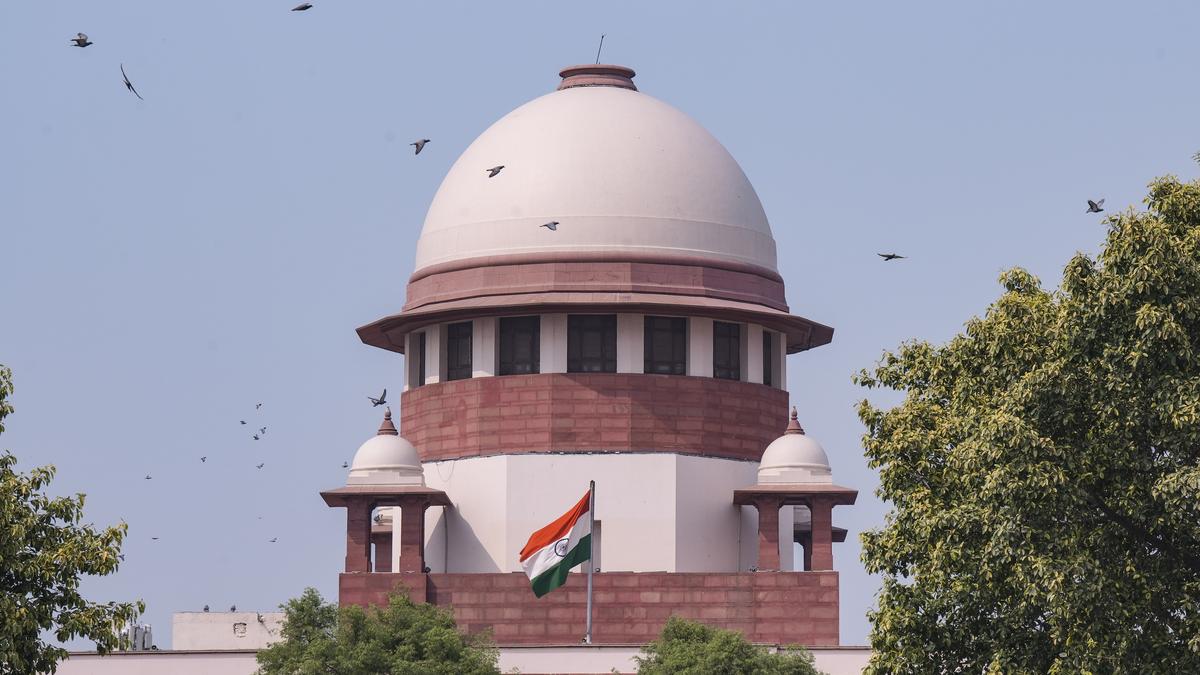
The court suggested both parties resolve the issue with talks. “You (the mosque management) are using the well; let others also use the well,” Chief Justice Khanna remarked at one point. File
| Photo Credit: PTI
The Supreme Court on Tuesday (April 29, 2025) directed the management of the Shahi Jama Masjid at Sambhal to respond to a status report filed by the Uttar Pradesh government that a disputed well stood “completely outside” the mosque precincts, contrary to what the Muslim side said in the apex court.
Appearing before a Bench of the Chief Justice of India Sanjiv Khanna and Justice Sanjay Kumar, Additional Solicitor General K.M. Nataraj, for the State, said the mosque management had made a “totally wrong statement” that the well was inside the mosque premises.
Senior advocate Huzefa Ahmadi, appearing for the mosque management, said they had made a “totally right statement”. Part of the well was inside the mosque. He said the well was covered on the top with cement. The mosque pumped water from the well, a structure which held historical significance. The water was used by the mosque from time immemorial, Mr. Ahmadi said.
Advocate Vishnu Shankar Jain, representing the Hindu side, had argued the well was outside the mosque’s purview and its water had been historically used for worship by his side.
The court suggested both parties resolve the issue with talks. “You (the mosque management) are using the well; let others also use the well,” Chief Justice Khanna remarked at one point.
In November 2024, the apex court had to intervene to instruct the Uttar Pradesh police and the Sambhal district administration to be “totally, absolutely neutral” and maintain peace after violence broke out following a civil court-ordered survey to verify claims by Hindu plaintiffs that the mosque was built over a destroyed temple in the 16th century.
The top court had then stayed the civil proceedings in the local court and directed the mosque survey report prepared by the Advocate Commissioner to be kept in a sealed cover.
Published – April 29, 2025 10:01 pm IST
Anurag Dhole is a seasoned journalist and content writer with a passion for delivering timely, accurate, and engaging stories. With over 8 years of experience in digital media, she covers a wide range of topics—from breaking news and politics to business insights and cultural trends. Jane's writing style blends clarity with depth, aiming to inform and inspire readers in a fast-paced media landscape. When she’s not chasing stories, she’s likely reading investigative features or exploring local cafés for her next writing spot.




